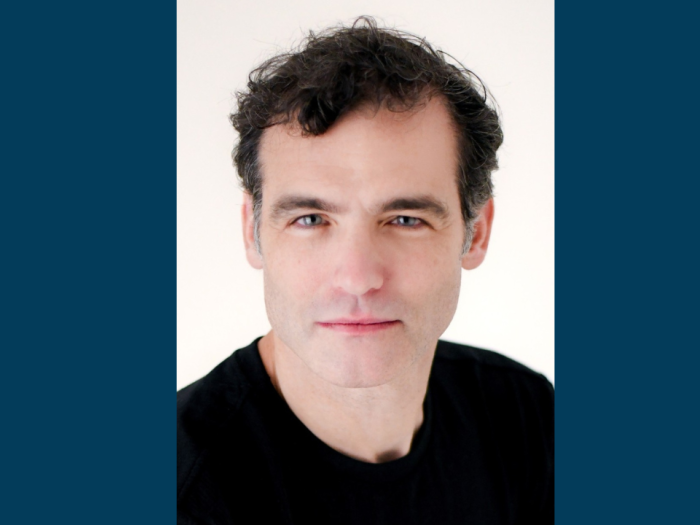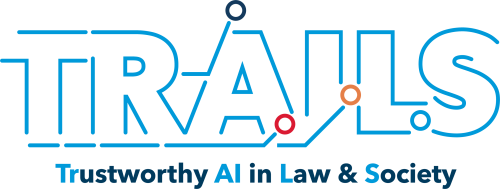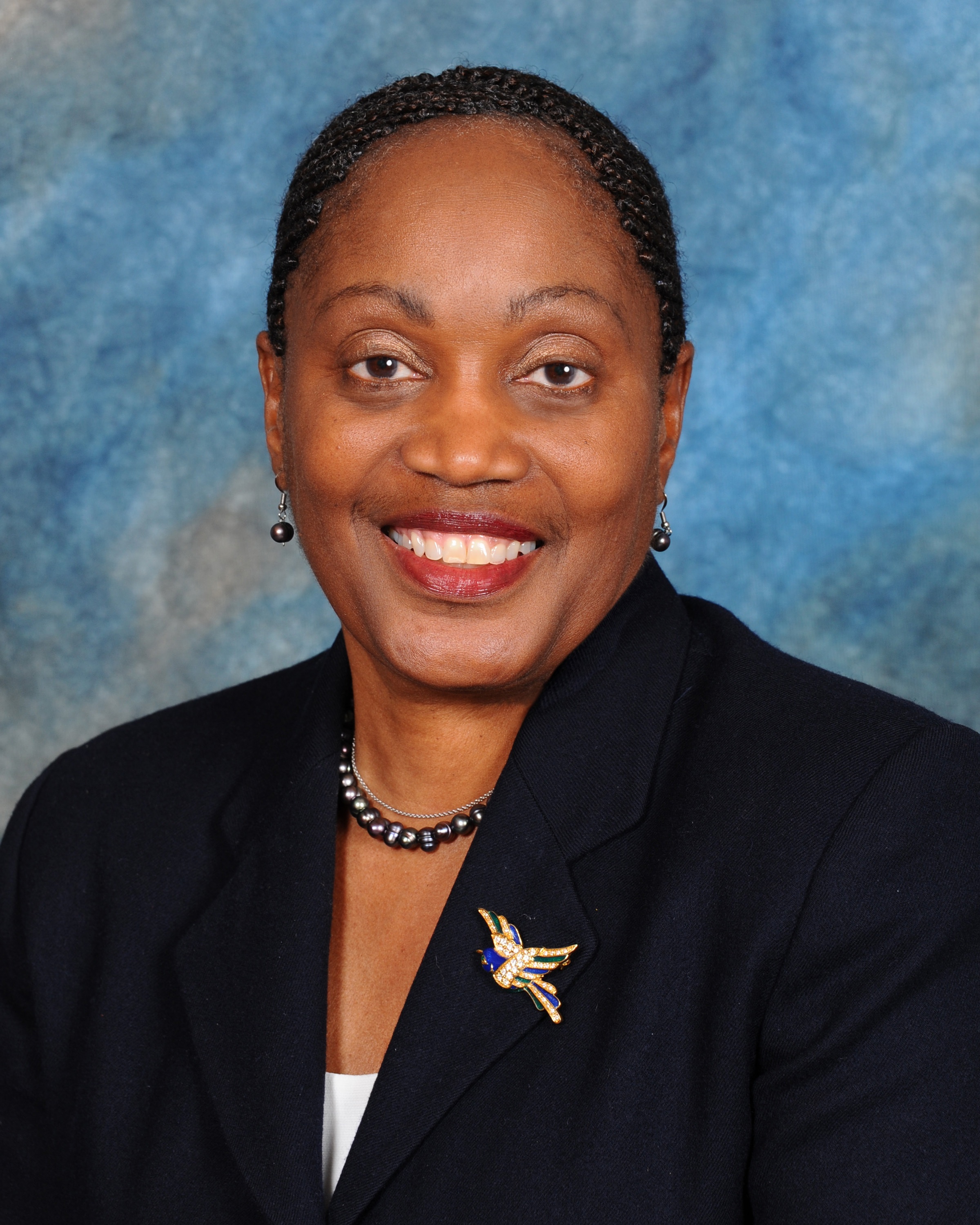Home
An interdisciplinary, problem-solving department
"We are at the forefront of addressing complex societal challenges through systems thinking. Addressing major issues such as climate change, public health, trustworthiness in artificial intelligence, critical infrastructure systems, innovation, privacy, and connectivity requires a systems approach. Working alongside policymakers and technology leaders, we are dedicated to creating and implementing complex adaptive solutions that improve decision-making and shape the world around us."
Ekundayo Shittu
Department Chair
Explore our cutting-edge interdisciplinary educational and research programs
Prospective Students
Developing skills for impact: We are one of the oldest and largest programs of our kind in the United States, offering undergraduate and graduate programs that combine engineering, management, business analytics and technology. We give you the skills necessary to deploy technology for impact.
Faculty and Research
The world is our lab: Faculty and students in the department work with partners throughout GW, across DC, and around the globe to conduct research that covers a wide array of sectors and topics. Meet our faculty and learn about our focus research areas.
News

GW Engineering's New AI Academy Helps Faculty Build AI Fluency
January 26, 2026
Professor Lorena A. Barba has launched the GW Engineering AI Academy to support faculty in developing AI capabilities that can be applied directly to their teaching and research.

Improving Lives with Systems Engineering
How William Chernicoff, Ph.D ‘14, is catalyzing a global ecosystem for mobility
January 20, 2026
Alumnus and adjunct professor William Chernicoff created and championed the Mobility Unlimited Hub, a startup ecosystem focused on accelerating the commercialization of assistive technology.

A Closer Look at Alumnus Andre Douglas and the NASA Team Preparing for Takeoff
December 26, 2025
Alumnus Andre Douglas, Ph.D. ‘21, is featured as part of NASA’s Artemis II Closeout Crew, the specialized team responsible for preparing astronauts for takeoff.






